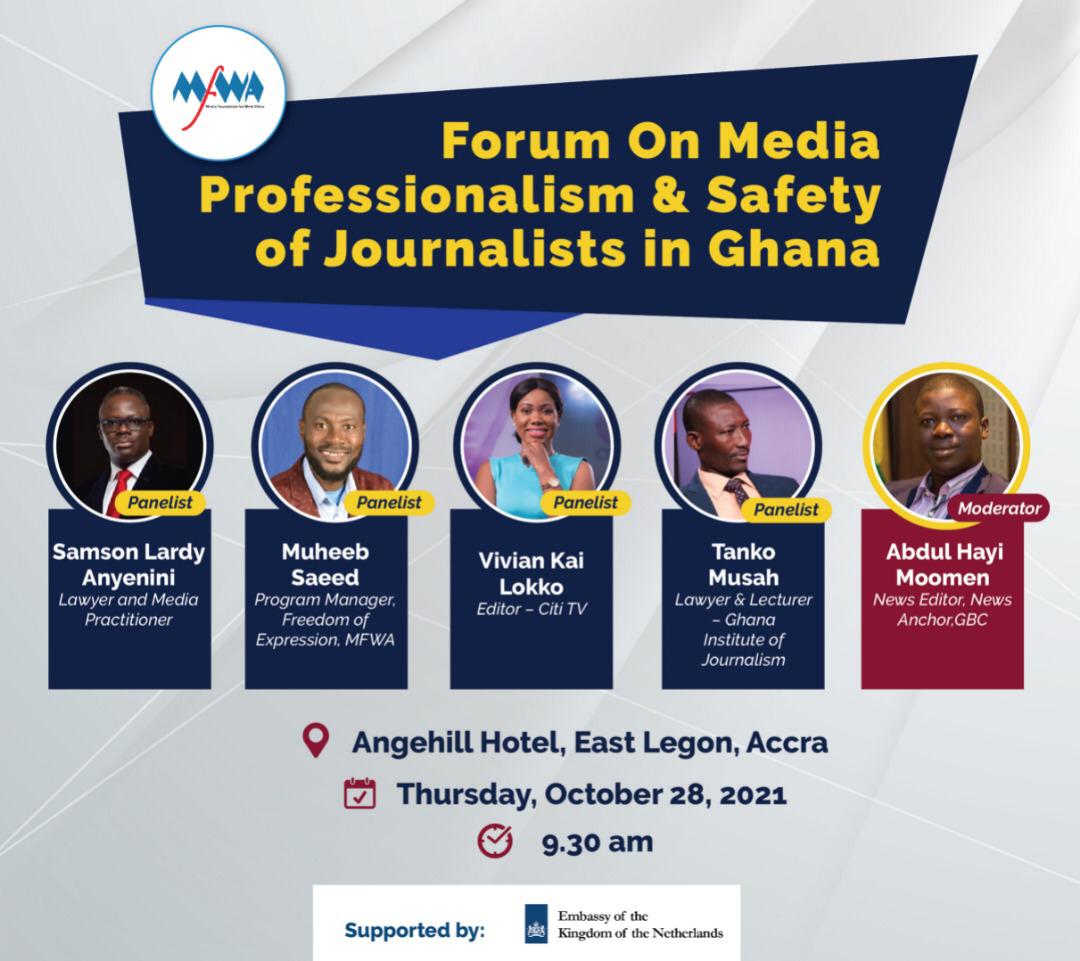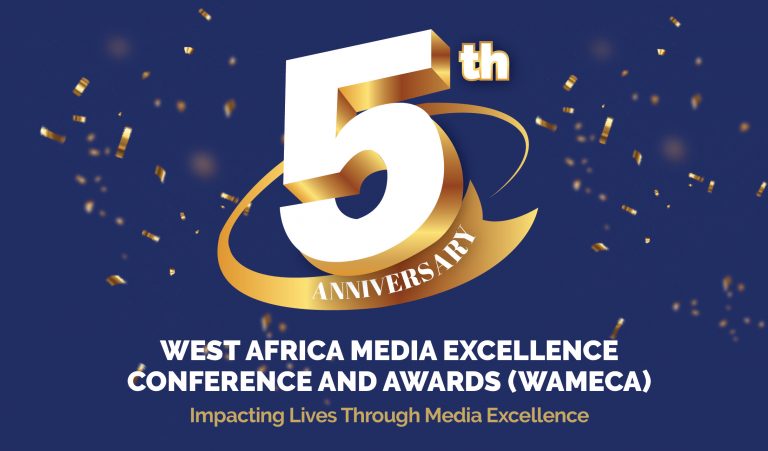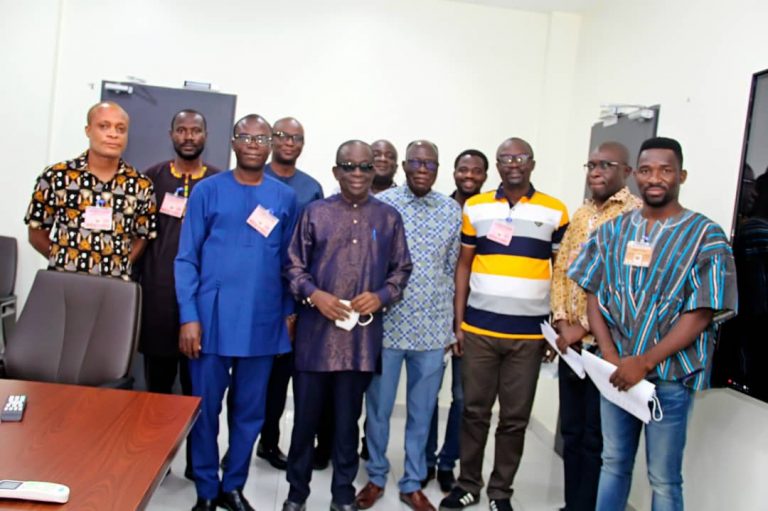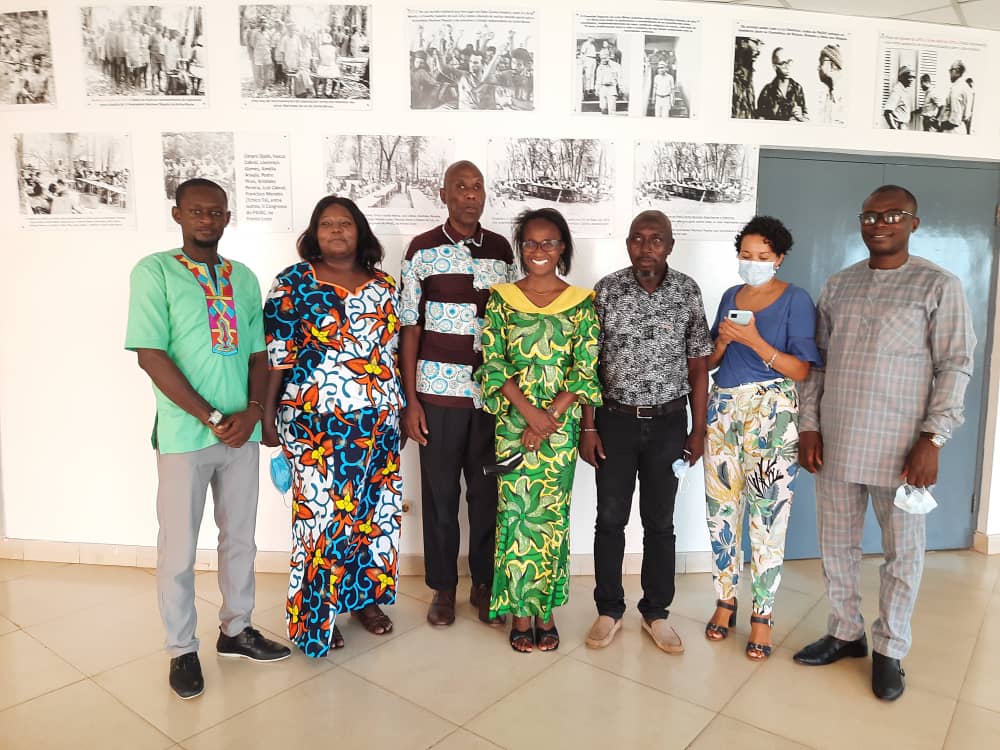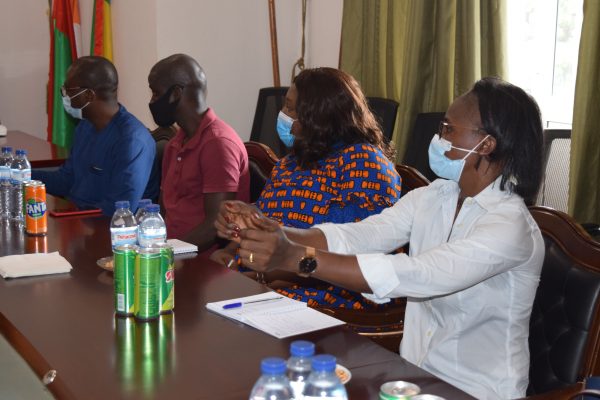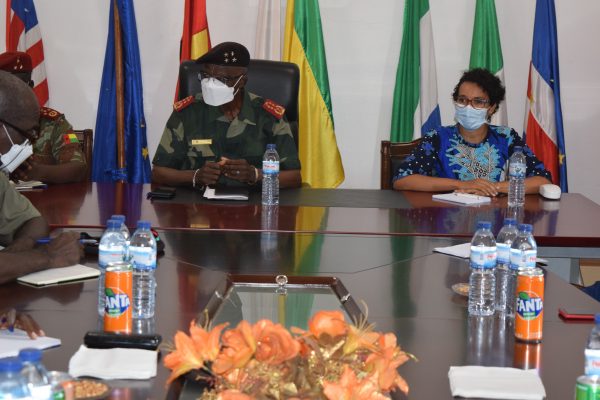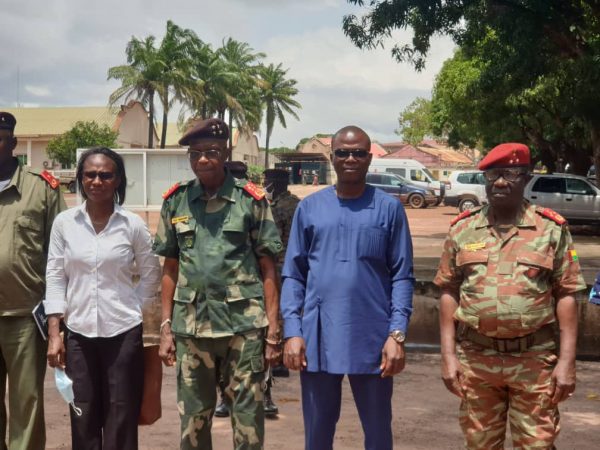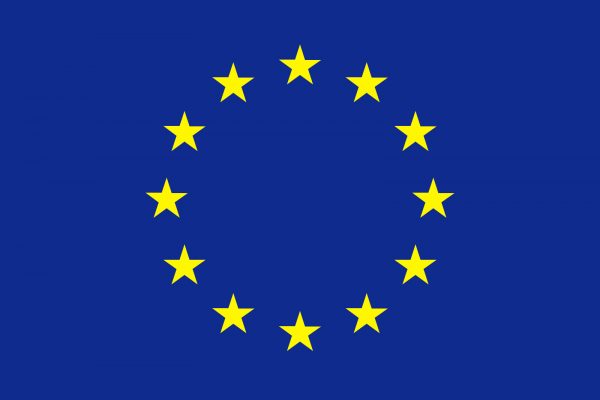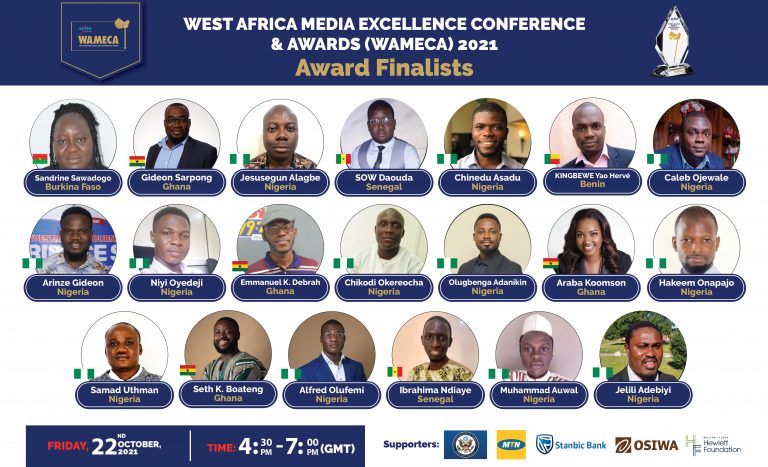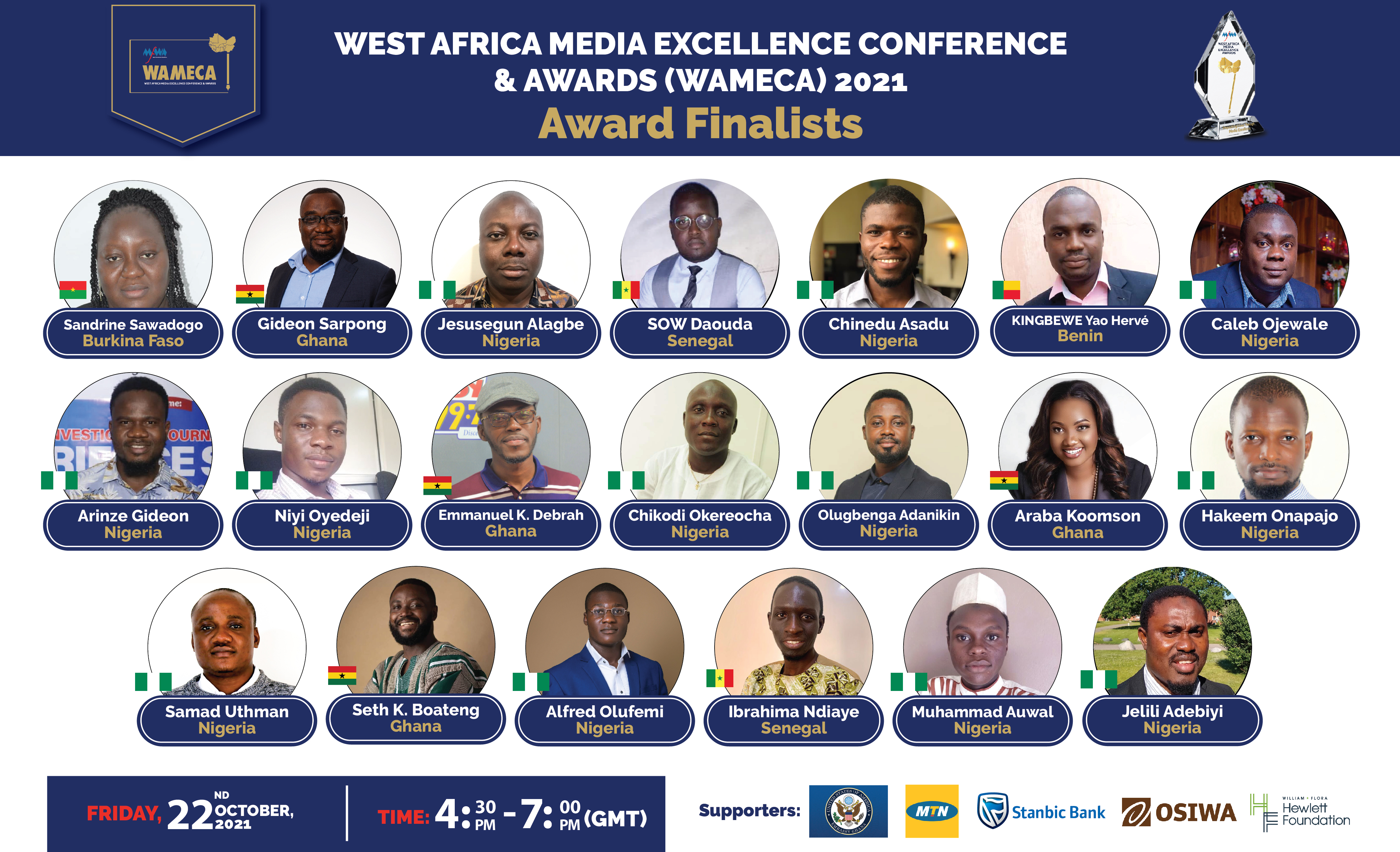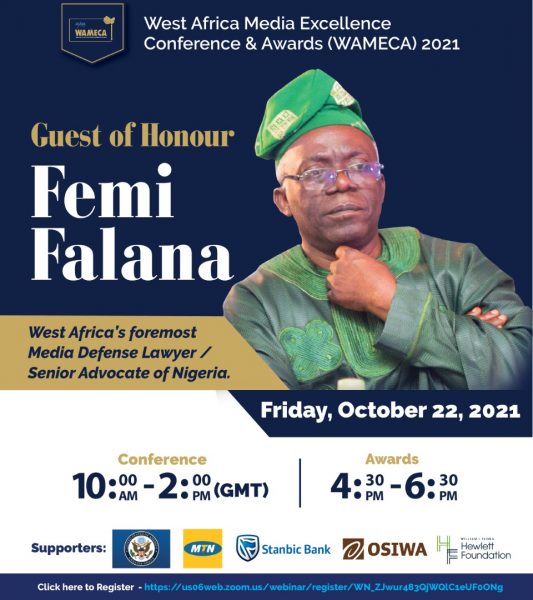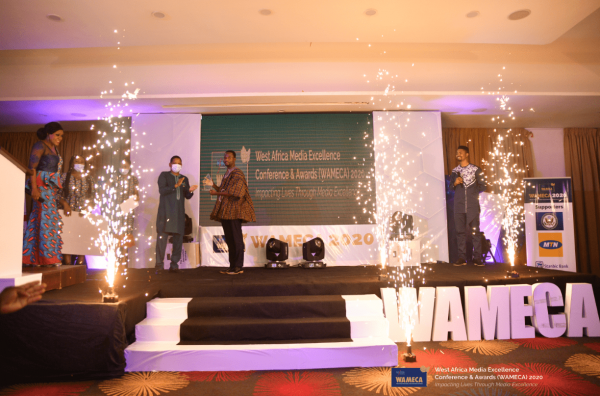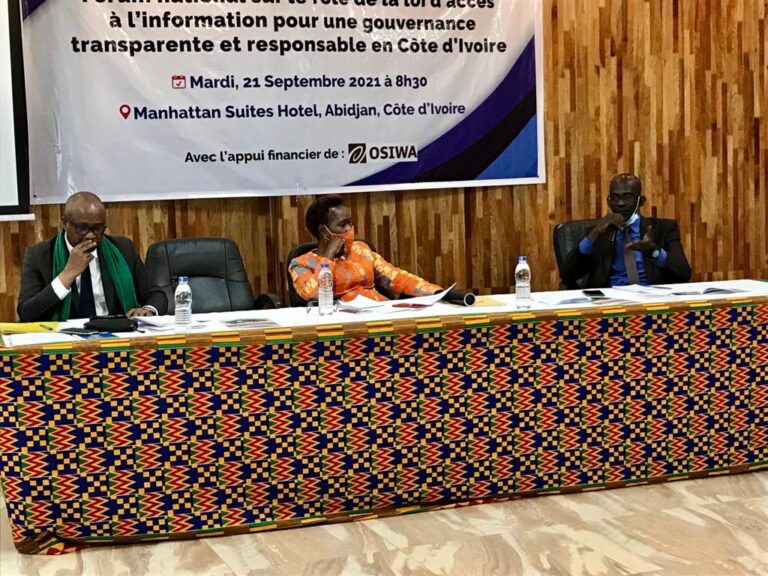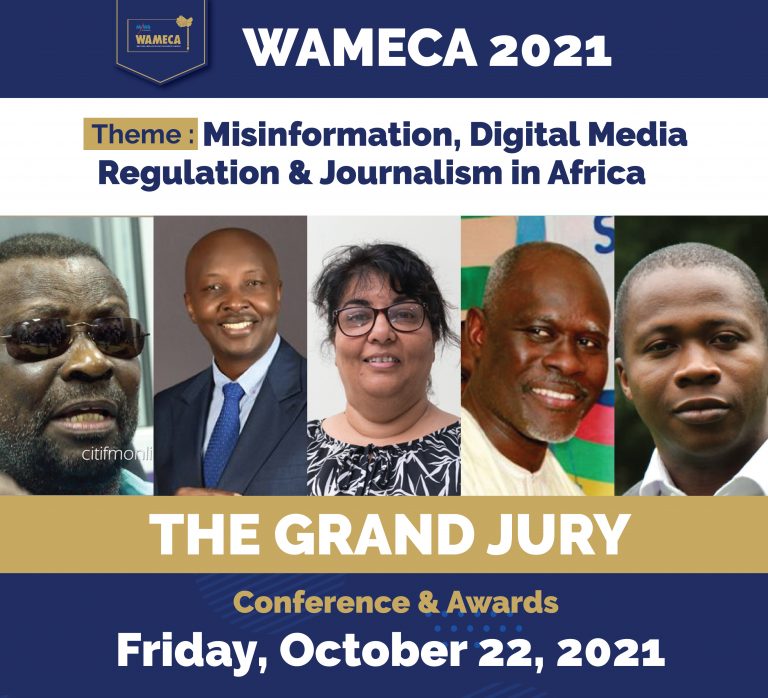The MFWA is delighted to announce the jury for the 2021 edition of the West Africa Media Excellence Awards.
The jury, made up of distinguished and experienced media experts in Africa, will assess and shortlist deserving entries and also determine the ultimate winners of the various categories in the 5th edition of the West Africa Media Excellence Awards. The Awards will be held on October 22, 2021, at the Alisa Hotel in Accra, Ghana.
Below are the profiles of the judges:
Cameron Duodu—Ghana
Cameron Duodu is a seasoned and celebrated journalist, broadcaster, editor and novelist with a career spanning about six decades. He started as editor of a general-purpose magazine, New Nation in Ghana, and reporter for Ghana Broadcasting Corporation (GBC), where he became an editor of radio news during the era of the independence struggle in Ghana. He later edited the most popular and biggest-selling newspaper in Ghana, the Daily Graphic. Cameron has also edited several magazines including Ghana’s edition of South Africa’s Drum.
He has worked as a freelance journalist for the BBC, the Financial Times, the Economist, the Guardian, the Observer, the Sunday Times and De Volkskrant, Amsterdam.
Currently, Cameron writes columns for New African magazine (London), City Press (Johannesburg) and the Ghanaian Times (Accra) and frequently appears on BBC World Service radio news programmes to discuss African politics, economy and culture.
Joseph Warungu—Kenya
Joseph Warungu is a media and communication consultant and trainer with 30 years of experience in international journalism. He was head of the BBC African News and Current Affairs Department and is a former Knight International Journalism Fellow. He is widely travelled in Africa, working as a journalist, trainer and moderator of public debates on radio and TV.
He specialises in media management training and building the capacity of media to tell in-depth and compelling stories on development issues such as health, education, business and technology. He led the African Story Challenge, a continent-wide competition to inspire and support African media to tell more and better stories on development issues.
Warungu also runs Top Story – a national mentorship programme for young journalists in Kenya, which takes the form of a popular reality TV show.
Hamadou Tidiane Sy—Senegal
Hamadou Tidiane Sy is the founder and Director of E-jicom, a journalism, communication and digital media school based in Dakar. He is also the founder of the award-winning online media organisation Ouestaf News (ouestaf.com).
Tidiane Sy is a seasoned Senegalese journalist, now mostly active as a journalism trainer and consultant throughout Africa. He worked for major media outlets, including the BBC, AFP (Agence France Presse), Global Radio News, Channel Africa, etc. Tidiane is also involved in the activities of the West African Investigative Network “CENOZO” where he edits investigative reports.
As a reporter Tidiane has extensively covered Africa, and more particularly the West African region and has conducted major investigations, culminating with his participation in the global “Panama Papers”, “the Swissleaks”, and “Fatal Extractions” projects. He is recognised as a social innovator in the field of “News and Knowledge” by the Ashoka and Knight Foundations. He is a board member at Cenozo and Africa Check.
Reyhana MasterSmith—Zimbabwe
Reyhana Masters-Smith is an experienced and distinguished Zimbabwean Media and Communications Consultant who has worked as a reporter, editor, media trainer and researcher for many local and international organisations.
Reyhana has served as the Editor for So This Is Democracy, a publication by the Media Institute of Southern Africa (MISA) which analyses the political and economic landscape and media policy frameworks in Southern Africa. She has also worked as the Editor and Content Creator for the MISA Regional Website and Communication Portal.
For many years, she worked as the deputy features editor of The Daily News – the first privately owned daily newspaper established in Zimbabwe in 1999 and as the Moderator of the African Media Barometer, an analytical tool that measures the national media environments on the African continent.
Currently, Reyhana Masters is the Sub Saharan Africa regional editor of the International Freedom of Expression Exchange (IFEX) and also serves as the chairperson for the Information for Development Trust—an investigative journalism media hub she co-founded.
Selay Marius Kouassi, PhD – Cote D’Ivoire
Selay Marius Kouassi is a renowned award-winning investigative journalist, media trainer and academic.
His works over the years have spurred civil society organisations and global decision-makers to take action while holding political leaders to account across Africa.
Selay initiated the transnational investigation into ‘Fair-Trade’ chocolate, ‘The Fair-Trade Chocolate Rip-Off.’ joining the Swiss Leaks Project team, an investigation initiated by the International Consortium of Investigative Journalists (ICIJ), to trace billions lost annually in Africa in the chocolate industry.
Selay has worked with various international media outlets including The Guardian, DPA (German Press Agency), SABC (South African Broadcasting Corporation) and the BBC.
He is a part-time trainer for the ‘Wealth of Nations’, a programme run by the Thomson Reuters Foundation to investigate tax abuse and illicit financial flows from and in Africa. He is also the co-founder and member of the AIPC (African Investigative Publishing Collective) and a member of FAIR (Forum for African Investigative Reporters).
